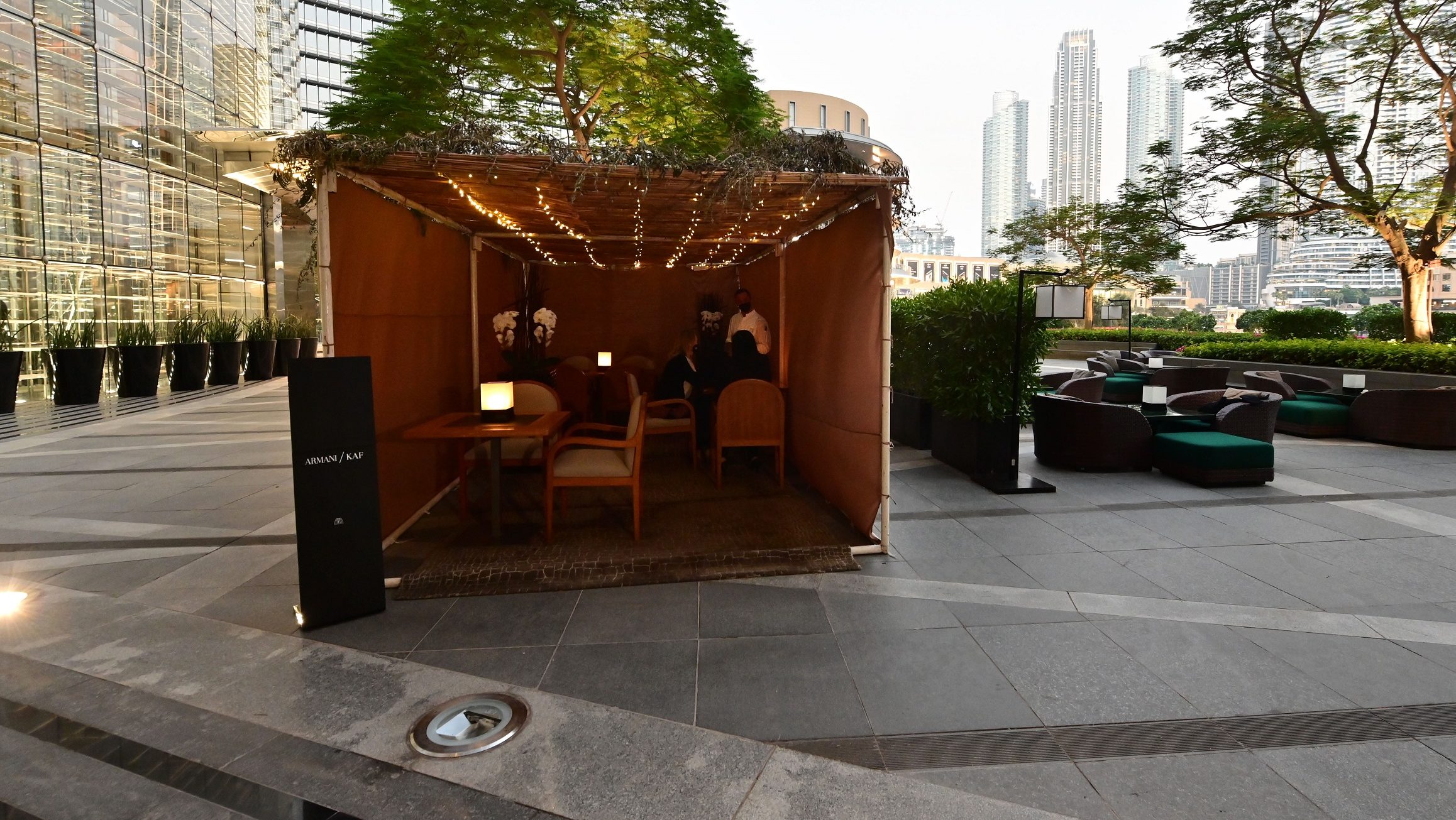Sukkot and the Duality of the Sukkah
This seven-day festival commemorates the Israelites’ wandering in the desert after the Exodus from Egypt and celebrates the harvest – both of which feature the makeshift huts that give the holiday its name
Fast on the heels of the High Holy Days of Rosh Hashanah and Yom Kippur, Jews around the world celebrate the festival of Sukkot (the Feast of Tabernacles), which serves both as a harvest festival and a commemoration of the Israelites’ 40 years in the desert following their Exodus from Egypt – an event itself marked by the Passover holiday later in the Jewish year.
Sukkot, which is Hebrew for booths or tabernacles, is a seven-day holiday in Israel and an eight-day holiday in the Diaspora. It begins on the 15th day of the month of Tishrei in the Hebrew calendar and is one of the three great pilgrimage festivals during which Jews of ancient times were commanded to attend the Temple in Jerusalem.
As the name suggests, the festival centers around the construction of a sukkah (makeshift booth) outside every Jewish home, a process that begins immediately after Yom Kippur. According to rabbinical tradition, the sukkah represents the huts in which the Israelites lived during their four decades of wandering the desert after fleeing Egyptian bondage and before they were granted leave by God to enter the land of Israel.
This holiday season, give to:
Truth and understanding
The Media Line's intrepid correspondents are in Israel, Gaza, Lebanon, Syria and Pakistan providing first-person reporting.
They all said they cover it.
We see it.
We report with just one agenda: the truth.


The sukkot (the plural term for sukkah from which the holiday derives its name) reflect the duality of the festival, for they also represent the huts inhabited by farmers as they rushed to complete the harvest before the onset of the rainy season. Indeed, the festival is imbued with agricultural imagery, including the ritual of the arba’ah minim – the four species of plants brandished in a ritual carried out by Jews on each day of Sukkot.
The sukkot themselves are also decorated with greenery and the roof is entirely made of branches that are carefully draped so that those inside can still see the stars in the sky. The family is expected to eat, socialize, and often even sleep in the sukkah for the duration of the holiday.
The days of the holiday themselves are split into two: The eve of the holiday and the first day (two days in the Diaspora) are holy days similar to the Sabbath, where no work is done. The next period, which lasts until the end of the festival, is known as Chol Hamoed (the mundane days of the festival); these days are more akin to regular weekdays, albeit with holiday rituals and prayers still observed.
On the final day of Chol Hamoed, known as Hoshana Rabbah (great supplication), the daily ritual involving carrying the four species around the synagogue is expanded, and worshippers beat willow branches on the ground to symbolize a year of good rains, agricultural success, and the elimination of sin.
The day (again, two days in the Diaspora) immediately after Sukkot is a separate holiday called Shemini Atzeret (the eighth day of gathering). The holiday is strongly connected to the seven-day festival of Sukkot; hence, it is called the eighth day and shares with Sukkot much of the spiritual and religious tone.
Shemini Atzeret in Israel, and the second day of Shemini Atzeret in the Diaspora, is popularly known as Simchat Torah (rejoicing in the Torah); it marks the conclusion of the public reading of the Torah and the start of the cycle anew. This is a time of grand celebration, with much singing and dancing with the scrolls themselves.

